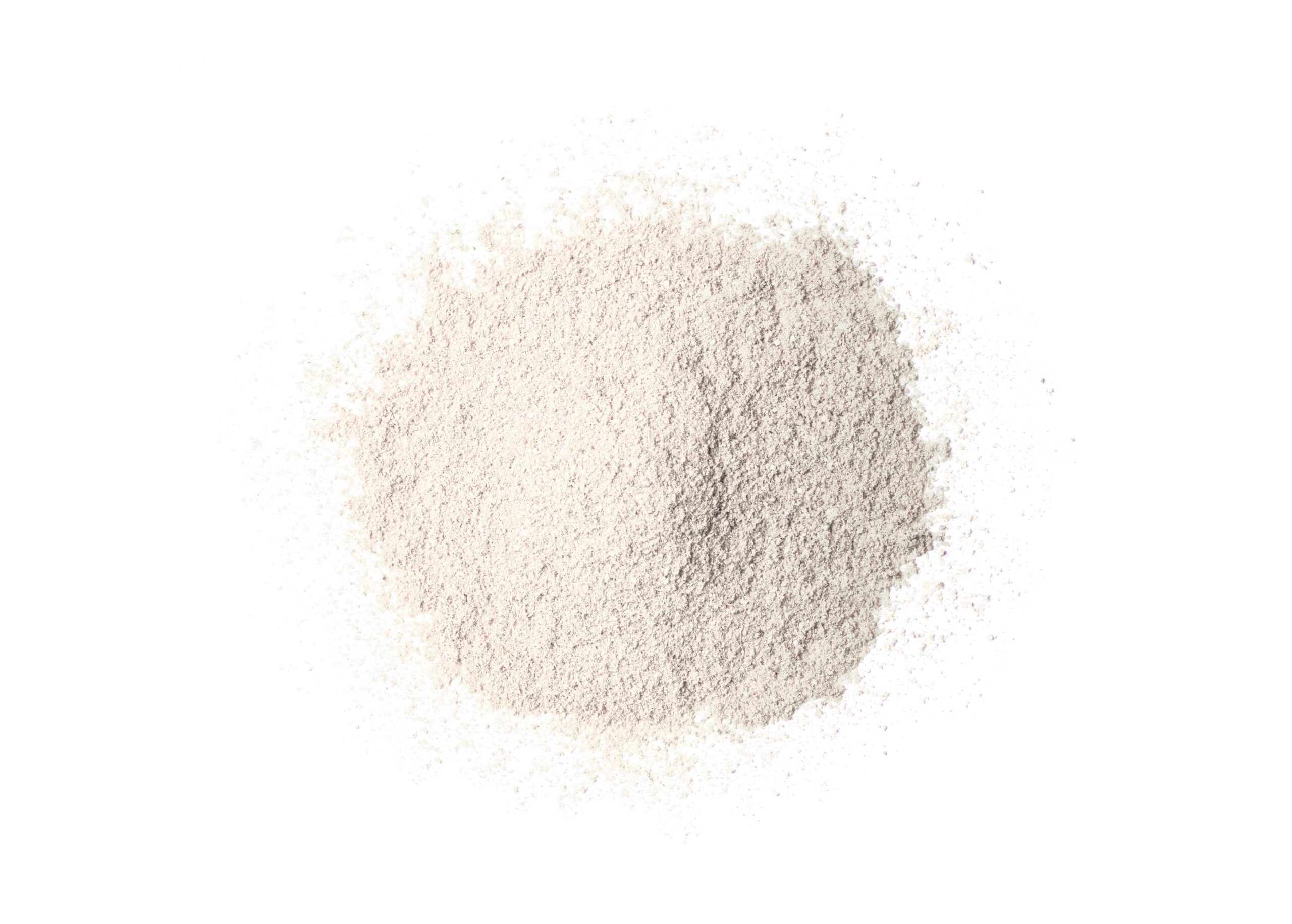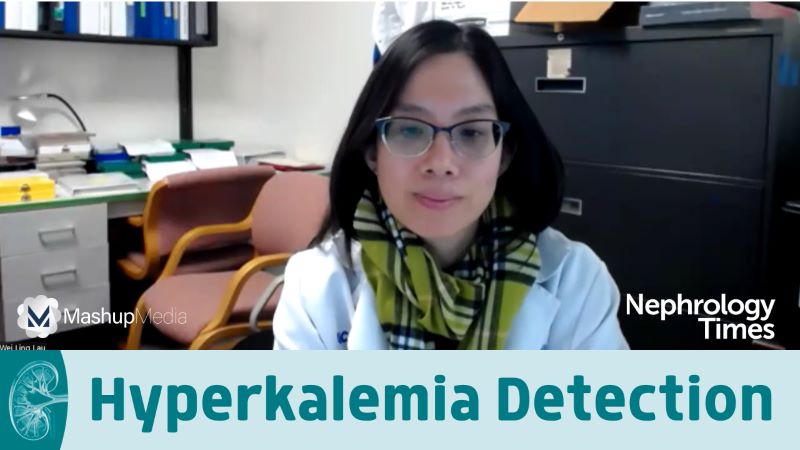
The NEUTRALIZE study is designed to determine whether sodium zirconium cyclosilicate (SZC), in addition to correcting hyperkalemia and maintaining normal serum potassium, can provide sustained increases in serum bicarbonate in patients with hyperkalemia and metabolic acidosis associated with chronic kidney disease (CKD). SZC is a selective potassium binder for the management of hyperkalemia and provides rapid and sustained correction of hyperkalemia.
Stephen R. Ash, MD, and colleagues described the NEUTRALIZE study in Nephron [doi.org/10.1159/000523911].
NEUTRALIZE is a prospective, randomized, double-blind, placebo-controlled phase 3b study. The study cohort includes US adults with stage 3 to 5 CKD not on dialysis, with hyperkalemia (defined as potassium >5.0 to ≤5.9 mmol/L) and low serum bicarbonate (defined as bicarbonate 16 to 20 mmol/L). During the open-label phase, all eligible patients receive SZC three times per day for up to 48 hours. Patients who achieve normokalemia (potassium ≥3.5 to ≤5.0 mmol/L) are then randomized in a 1:1 ratio to once daily 10 g SZC or placebo for a 4-week-doule-blind, placebo-controlled maintenance phase.
The primary end point of interest is the proportion of patients with normokalemia at the end of treatment without rescue therapy for hyperkalemia. Secondary end points include mean change in serum bicarbonate, the proportion of patients with an increase in serum bicarbonate of ≥2 or ≥3 mmol/L without rescue therapy for metabolic acidosis, and the proportion of patients with serum bicarbonate ≥22 mmol/L at the end of treatment.
“NEUTRALIZE will establish whether SZC can provide sustained increases in serum bicarbonate while lowering serum potassium in patients with hyperkalemia and CKD-associated metabolic acidosis and may provide insights on the mechanism(s) underlying the increased serum bicarbonate with SZC treatment,” the researchers said.







 © 2025 Mashup Media, LLC, a Formedics Property. All Rights Reserved.
© 2025 Mashup Media, LLC, a Formedics Property. All Rights Reserved.